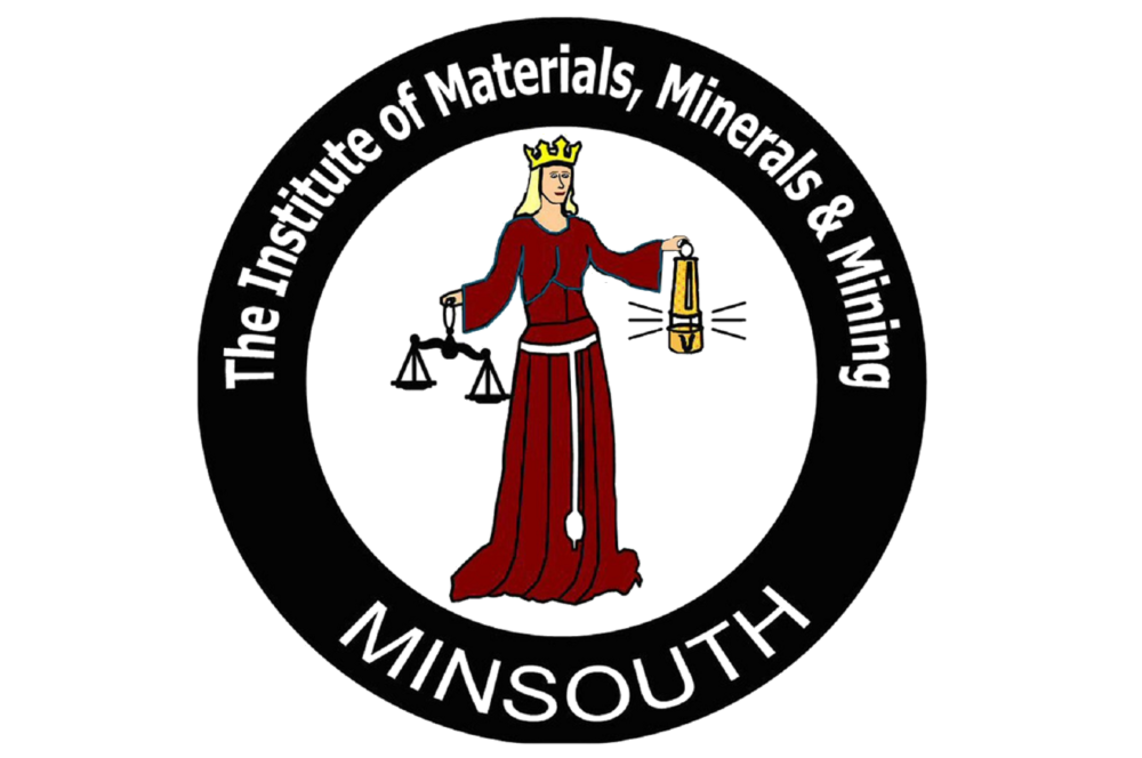As you are undoubtedly aware, the University of Exeter has decided to “pause” its undergraduate course in Mining Engineering at the Camborne School of Mines, with no new intakes planned for 2021/22 or 2022/23. There is a lot of discontent within our industry over this move as it means that there will be no new graduates in this subject from anywhere in the UK after 2024, when the current cohort have completed their studies. Members may be interested to know that MinSouth has sent a letter to the university expressing its disappointment at the development and the preference for short-term financial expediency over longer-term trends and needs.
The university’s decision is based on its perception that the current level of interest in the Mining Engineering degree course is insufficient to justify its expense and future interest is unlikely to increase to a level to change this. Given that no mining engineering degree courses are now listed, no prospective students are able to register their interest in such a course and it thus seems inevitable that the course will not resume.
MinSouth has supported student activities in the past and will continue to support students of geology, mining, mineral processing and related subjects such as environmental engineering. We provide funding to educational activities such as field courses that are developed and led by students and to certain final-year students of geology, mining or mineral processing within our region. Such awards have already totalled over £28,000, since inception in 2011, and benefited 22 students. MinSouth also organises an annual heat of IOM3’s Young Persons’ Lecture Competition specifically for undergraduate students on mining-related courses or graduates who are working in related fields.
The world is experiencing its fourth industrial revolution and the mining industry has a critical role to play. Technological innovations to improve safety and efficiency are being implemented continuously in modern life, but the minerals necessary to support these advances have to be produced in ever-increasing quantities and with stronger environmental stewardship and social sustainability. The goal of achieving lower emissions from energy generation and industrial activity can only be achieved with increased production of the minerals required for carbon-free electricity generation, transmission and application, such as rare earth elements used in magnets, light and base metals used to produce batteries, and copper and iron to provide the new distribution infrastructure. Primary production of these elements involves mining and supply chains which need to be developed, from resource identification through extraction and beneficiation to manufacture of final products. As the requirement for such technology-driven minerals increases, mines must be developed and expanded to meet the demand. This presents an excellent opportunity for the UK minerals industry, and universities in particular, to secure and exert control on the future of these critical resources. Failure to act in support of coming generations will have ramifications which at best will weaken the UK’s standing in the mining industry, but at worst could threaten global resource supply, environmental protection and industrial safety. In the South West alone there are now several significant mining projects underway including tungsten, tin, copper and lithium production which will all require high calibre mining graduates to fulfil. It is also important to recognise that the UK quarrying and tunnelling industries are also serviced by Mining Engineering graduates.
It is clear that it is in the national interest to encourage as many young people to study mining-related subjects, including the ‘paused’ Mining Engineering degree at Camborne, and MinSouth is calling upon its members to assist in raising the profile of the industry in order to generate interest in embarking upon a career in the mining industry among young people.
We know that some companies sponsor scholarships and student awards, internships and graduate training programmes. The financial support described above that MinSouth has been able to provide has only been possible through generous donations made by our sponsors over the years and we are most grateful for those contributions. Some members may mentor graduates or be involved in the schools’ STEM network. We would like to encourage everyone to continue doing what they are and to ask themselves whether there is anything else they can do, whether at corporate or individual level, to promote the industry which provides us with our livelihoods as being necessary, sustainable and exciting to be a part of. Various events over recent years have created a poor perception of mining worldwide and it is vital that we all play a part in communicating to the public at large, and especially those young adults considering their career selection, that exploration and mining can be done responsibly and can lead to a lifetime of fulfilment. Even a very small effort can make a huge impact if made by enough people.
Each person or company will have interests, resources or preferences for how they can have the greatest effect and we commend any action that is being taken. There is no one method of communication that can reach everyone that should be aware of the opportunities within the mining industry, so using more methods can only increase spread.
If MinSouth can assist in any way then please let us know. We have links with schools, tertiary education establishments, exploration and production companies, consultants in all disciplines, political groups and NGOs and can put you in contact with organisations if you have an idea but don’t know quite how to get the ball rolling.
MinSouth Council
